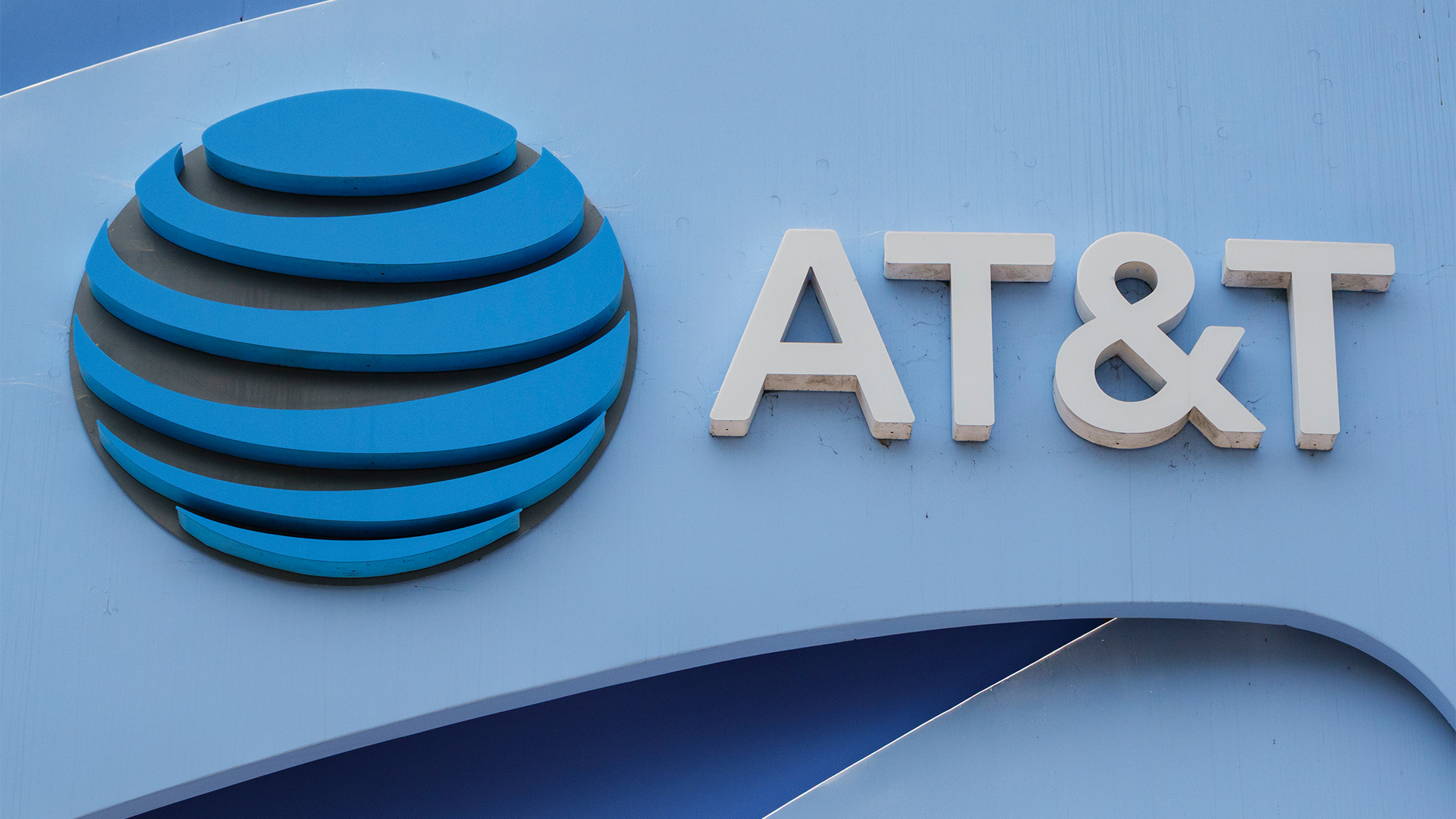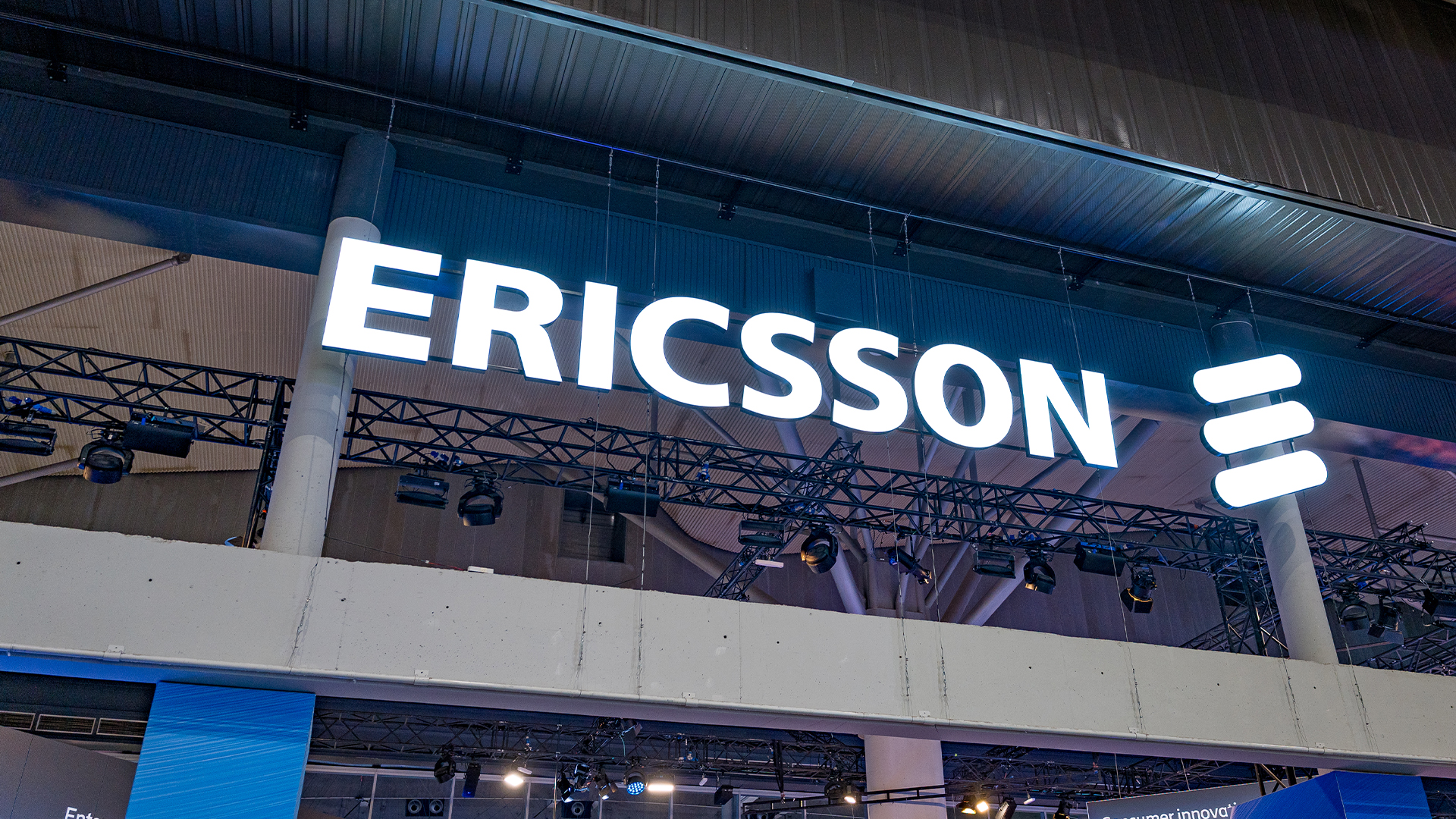TP-Link just hit a 'critical milestone' in breakthrough Wi-Fi 8 trials – the results are very promising so far, but don’t expect huge speed gains
Don’t go holding your breath for Wi-Fi 8 capabilities, you could be waiting a while


Sign up today and you will receive a free copy of our Future Focus 2025 report - the leading guidance on AI, cybersecurity and other IT challenges as per 700+ senior executives
You are now subscribed
Your newsletter sign-up was successful
TP-Link has successfully completed a trial of Wi-Fi 8 in a move the company described as a “critical milestone” in the development of next-generation wireless connectivity.
In a trial conducted alongside an unnamed industry partner, the company said data transmission using a “prototype” device. This test successfully validated both the Wi-Fi 8 beacon and data throughput, according to TP-Link.
“This underscores the feasibility of the technology and marks a critical milestone in global Wi-Fi 8 development,” the company said in a statement.
“TP-Link is taking the next important step towards the highly reliable wireless performance that the industry requires, given the increasing availability of devices and bandwidth-intensive applications.”
The announcement from TP-Link comes in the wake of rapid Wi-Fi 7 adoption in recent years. As ITPro reported in early 2024, the Wi-Fi Alliance began certifying devices that supported the new connectivity standard, which offers improved speed and connectivity compared to its predecessor.
Wi-Fi 7, for example, provides speeds up to four-time faster than Wi-Fi 6 and 6E.
However, if you’re expecting similar improvements akin to the jump from Wi-Fi 6E to Wi-Fi 7, you might be left disappointed. This latest iteration won’t blow users away as far as speed or bandwidth goes.
Sign up today and you will receive a free copy of our Future Focus 2025 report - the leading guidance on AI, cybersecurity and other IT challenges as per 700+ senior executives
Indeed, specifications released by the company show Wi-Fi 8 will use the 2.4 GHz, 5 GHz, and 6 GHz bands – which are already used by Wi-Fi 7. Elsewhere, Wi-Fi 8 will also use a 48 Gbps data rate with a 320 MHz maximum channel bandwidth.
So what’s all the fuss about?
What to expect from Wi-Fi 8
TP-Link is keen to emphasize that this marks the first major breakthrough in development of the new standard, which is a significant milestone.
There will be notable improvements for users, however. Chief among these are stability and reliability, the firm noted.
“Wi-Fi 8 is the next Wi-Fi standard, focused on ultra-high reliability,” TP-Link said in a statement. “Instead of striving for maximum speed, it focuses on stable connections, stronger coverage, and smoother roaming – even on heavily congested networks.”
Wi-Fi 8 will also better manage more devices simultaneously and provide users with a stable connection while moving around a home or office space, for example.
“Devices experience less lag and greater stability - even at greater distances from the router.”
Don’t hold your breath for the arrival of Wi-Fi 8, however. The standard still needs to be ratified, which the Institute of Electrical and Electronics Engineers (IEEE) recently noted will be finalized by 2028.
Make sure to follow ITPro on Google News to keep tabs on all our latest news, analysis, and reviews.
MORE FROM ITPRO

Ross Kelly is ITPro's News & Analysis Editor, responsible for leading the brand's news output and in-depth reporting on the latest stories from across the business technology landscape. Ross was previously a Staff Writer, during which time he developed a keen interest in cyber security, business leadership, and emerging technologies.
He graduated from Edinburgh Napier University in 2016 with a BA (Hons) in Journalism, and joined ITPro in 2022 after four years working in technology conference research.
For news pitches, you can contact Ross at ross.kelly@futurenet.com, or on Twitter and LinkedIn.
-
 Salesforce targets telco gains with new agentic AI tools
Salesforce targets telco gains with new agentic AI toolsNews Telecoms operators can draw on an array of pre-built agents to automate and streamline tasks
-
 Four national compute resources launched for cutting-edge science and research
Four national compute resources launched for cutting-edge science and researchNews The new national compute centers will receive a total of £76 million in funding
-
 AT&T expands AWS partnership in network modernization, cloud migration push
AT&T expands AWS partnership in network modernization, cloud migration pushNews The telecoms giant said the deal will supercharge the nation’s connectivity infrastructure
-
 Trade groups claim EU’s Digital Networks Act risks “favoring the interests of outdated telecom monopolies”
Trade groups claim EU’s Digital Networks Act risks “favoring the interests of outdated telecom monopolies”News The European Commission has set out its proposals to boost the EU's connectivity, to some criticism from industry associations
-
 Three and Ericsson just launched a first-of-its-kind managed 5G service for businesses
Three and Ericsson just launched a first-of-its-kind managed 5G service for businessesNews The new 5G service looks to supercharge business connectivity across Ireland
-
 The role of ISPs in the connected world now and in the future
The role of ISPs in the connected world now and in the futureSupported Content The role of the ISP has grown precipitously as the world becomes increasingly reliant on staying connected, but they must now adapt to changing times…
-
 Can AI deliver better broadband?
Can AI deliver better broadband?News AI can help operators build broadband better, in particular if it's used to design networks, according to new research.
-
 Closing the connectivity gap
Closing the connectivity gapWhitepaper Five reasons full fibre broadband is a game changer for your business